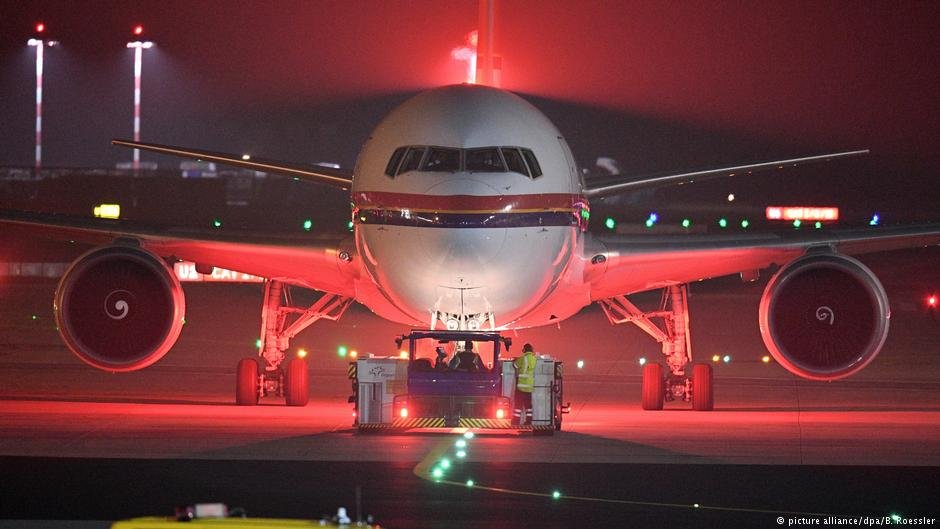Citing the number of asylum seekers as still "far too high", German state leaders met to discuss tightening border controls, extending checks with neighboring countries, and expediting the deportation of rejected asylum seekers.
Last Friday (October 25), the heads of government of Germany’s 16 federal states met in Leipzig, east-central Germany, to discuss a 15-point action plan on asylum, migration, and border control policies.
While an agreement could not be reached on all points outlined in the agenda, the state leaders issued a joint statement saying that the number of people seeking asylum in Germany remains “far too high” and that “there is still a need for action on this issue.”
Here are the key action plans the government aims to pursue to manage migration and reduce the number of people applying for international protection in the country.
Continuation of Migration and Border Control Measures
Citing data from Frontex, the European Union's (EU) border control agency, the lawmakers reported that 166,000 people entered the EU from January to September 2024, a 42 percent decrease from the same period last year. In Germany, recorded arrivals this year totaled 152,134, reflecting a 30 percent decline from last year.
According to lawmakers, this decline in arrivals indicated that the existing checks at all of Germany’s internal borders have been effective in significantly reducing the number of irregular entries and would be continued.
Checks at Germany’s shared borders with Poland, the Czech Republic, and Switzerland will be extended beyond December 15, 2024. Additionally, border checks with neighboring Austria will also be extended beyond November 11, 2024.
Germany has reportedly barred about 1,000 people from entering the country since it tightened entry and screening procedures at all of its land borders with its neighboring countries on September 16.
Read Also
Germany's migration policy: Balancing labor needs and deportation
Faster deportations
The state heads also discussed the more stringent implementation of the Dublin Regulation, which requires that asylum seekers be processed in the first EU country they enter. In their resolution, they proposed shifting responsibility for this regulation from the federal states to the central federal government.
The leaders also advocated for accelerating deportations to transit or non-EU countries. On August 30, Germany deported 28 Afghan nationals convicted of crimes and plans to continue expediting the deportation of nationals from Afghanistan and Syria, especially those involved in criminal activities or suspected of terrorism.
Additionally, Turkish nationals represent one of the largest groups with required deportations. According to 2023 government figures, there are 13,523 Turkish nationals who should be repatriated.

Reduction of social protection benefits
Lawmakers also called for reducing benefits and incentives for secondary migration to Germany and for limiting family reunification of migrants with subsidiary protection to hardship cases only.
Currently, under section 26 of the Asylum Act (AsylG), individuals granted asylum or refugee status have a right to family reunification, covering spouses and children. Family reunification for those with subsidiary protection was reinstated in August 1, 2018, but is limited to 1,000 people per month.
Humanitarian factors -- such as separation duration, children’s age, illness, or hazards in the home country -- are also considered in family reunification cases. Spouses, minor children, and parents of minors can be considered for family reunification, while siblings and marriages entered during migration are excluded. Family reunification is denied to individuals deemed a security risk or involved in activities promoting hatred or violence.
The next joint conference of state premiers in December will revisit unresolved issues on migration and border control.
Read AlsoGermany: Welfare benefits for asylum seekers to be reduced in 2025
